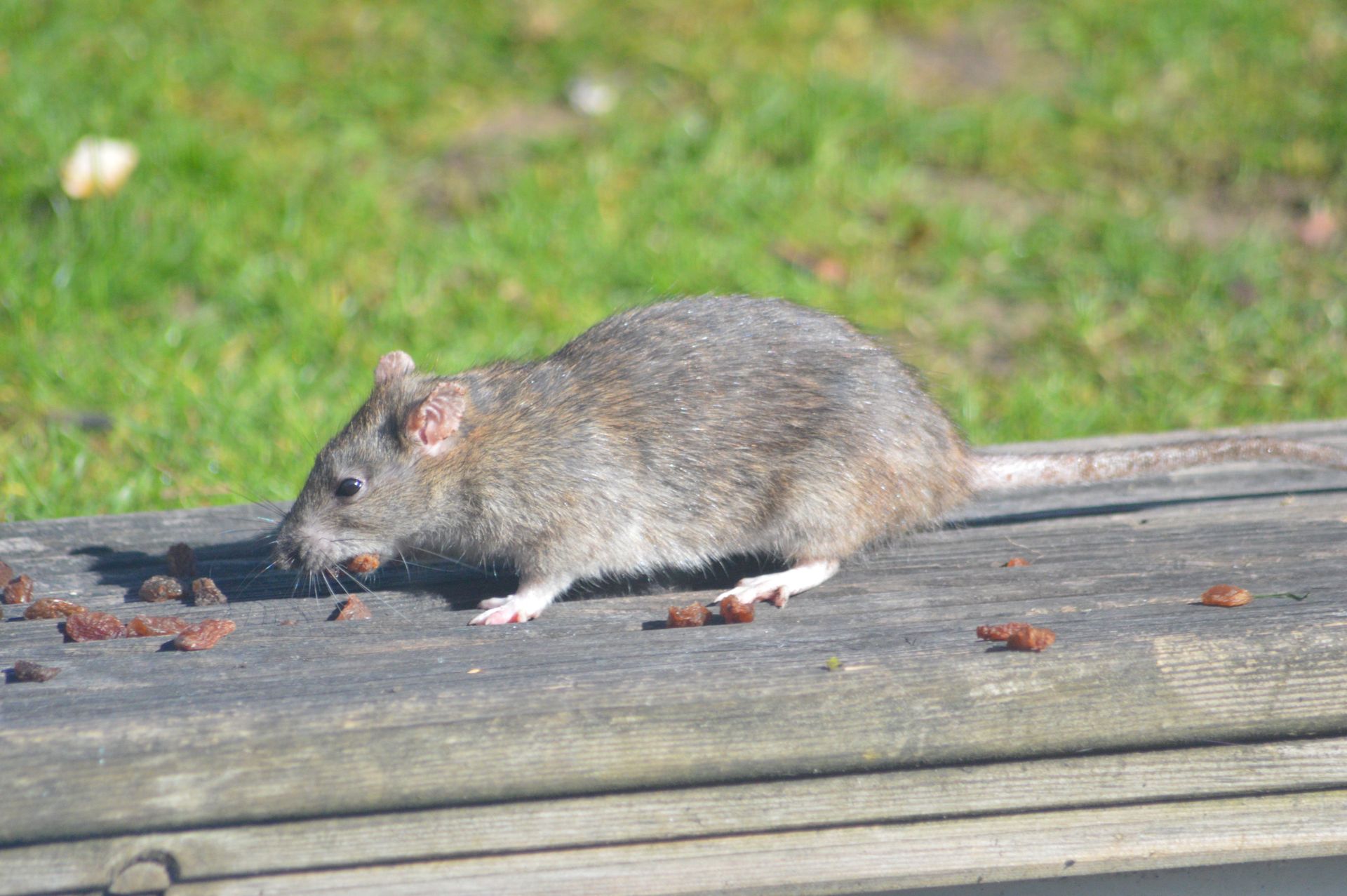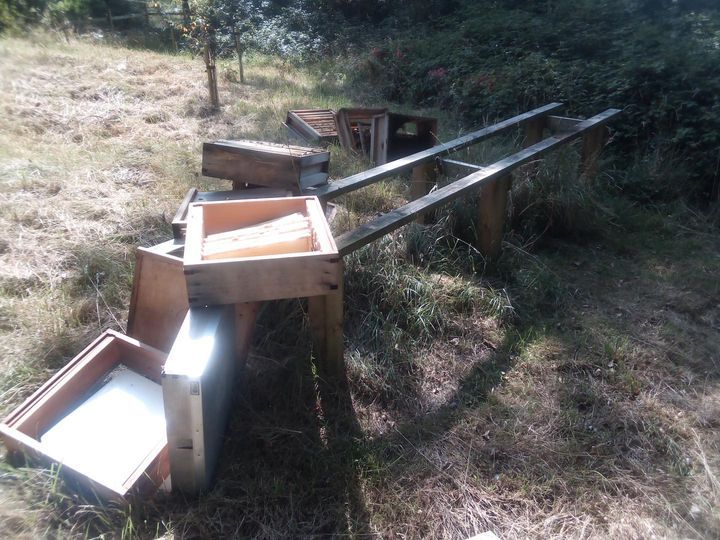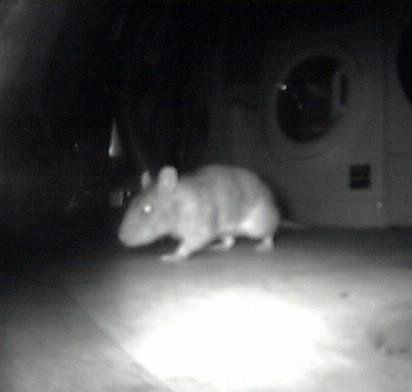BLOG
Pest Blog
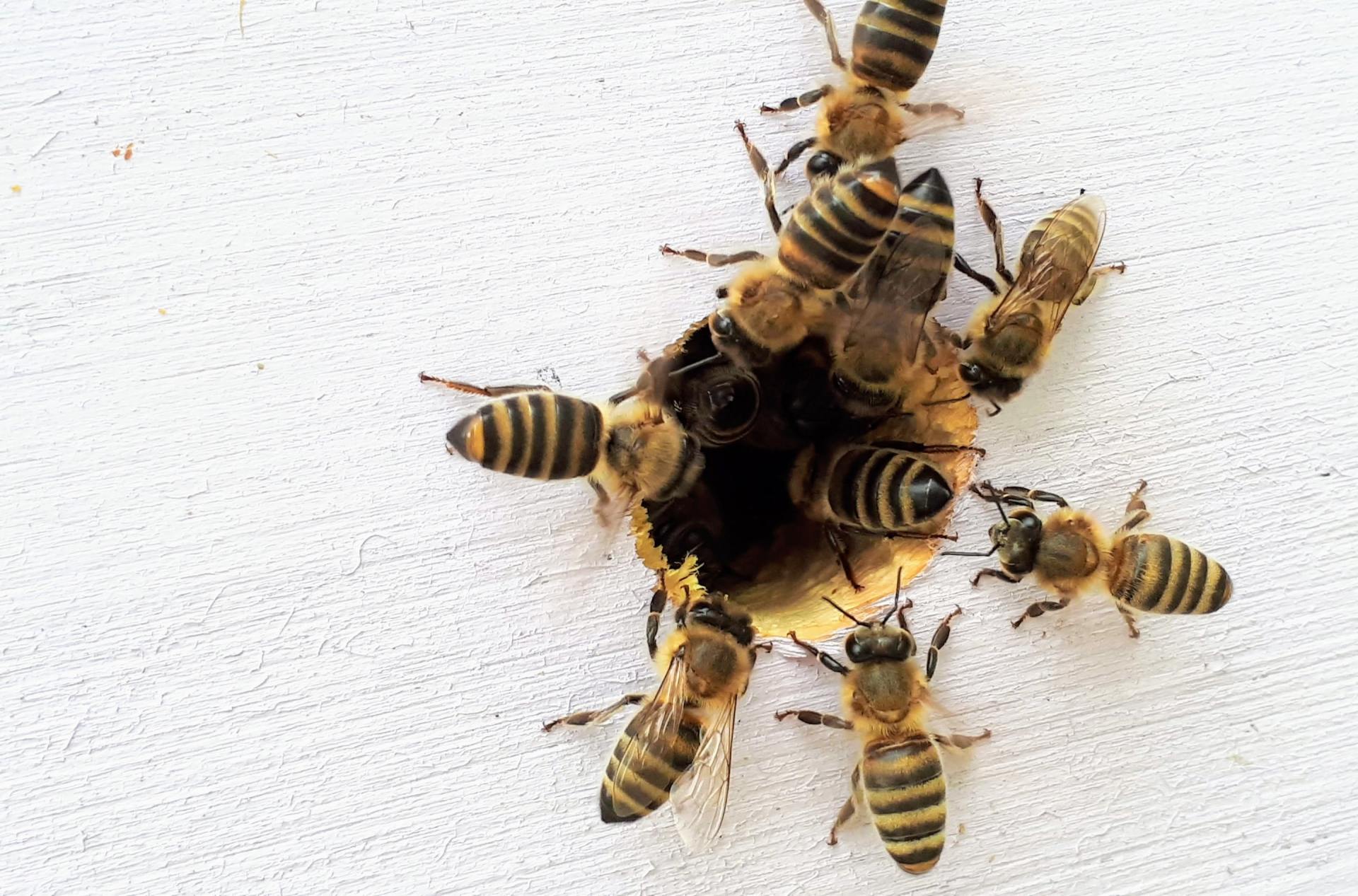
by steven light
•
29 Jan, 2021
Welcome back, everyone. It will soon be time where the weather starts to warm up which will be bringing bees along with it. The first of these seasonal friends will be bumblebees and minor/mason bees. As spring arrives these will start to appear more regularly, they are not pests but friends. Bumblebees can sound scary with their loud buzzing and large size. As long as you do not knock or disturb their nest or nest entrance they will return the kindness by leaving you alone. Minor bees make nests in the ground and it may look like you have hundreds but they are solitary bees only interested in creating a quick nest in which to lay their eggs. They do not stay long and can be discouraged but there is no need as long as you wear some sort of footwear in the garden. Mason bees create or use holes in the mortar between the bricks of buildings or holes in logs or other suitable structures. These don’t sting and are harmless along with being fascinating to observe. As with minor bees, they are only a short-lived nuisance and disappear as fast as they arrive. We will remove certain bumblebee species depending on the circumstances and nest location. If it can be done safely in regards to the bees we will, however, we do advise strongly that they are left alone. Mason and minor bees we understand can be a nuisance however they do not pose a threat. For mortar bees, we would advise filling all external holes in the walls before they start to nest. For minor bees, we would suggest using a sprinkler system if bothered by these however for both we would fully recommend leaving them be and watching them work for their short-lived lives. All of the above species are fantastic pollinators and mason bees aka mortar bees are considered as good a pollinator as honey bees if not better (depending on which source of info you read) Please consider the benefits of these and the issue they are truly causing you before contacting us. We can come up with certain other solutions dependant upon the issue however 9/10 times the advice will be to leave them in situ for the couple of weeks they are active.

by steven light
•
21 Aug, 2020
Welcome back everyone, as the title says today we want to talk about bad practice in pest control and one particular case we came across today. Today we were called out for a wasp nest in which their regular pest company had failed to destroy, as you may guess the client wasn’t happy with that service. Wasps were not in the companies contract with the client so we attended, sorted it 100% guaranteed there and then. Whilst there and after the client is happy that we managed to sort that issue straight away we were asked to look at the rodent issues. A little bit of a back story, this was on a farm. We checked it out and probably found the worst pest practices in place for at least the last 4 years. This is the list of the wrongdoings we found from a very quick walk around. Homemade wooden bait stations that were not locked in any way. Multiple different formulations/active ingredient of bait. Enough bait per station to wipe out every rodent passing for months No bait secured (this gets worse) Rodenticide outside the box No paperwork at all for the job they are undertaking leaving no protection for the client or the “business”
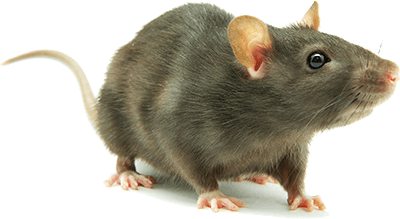
by steven light
•
12 Jun, 2020
With any pest control jobs, we undertake we have to understand what is going on as the behaviour of rodents like rats differ from each job and getting control means knowing what is going on. Rats have the ability to learn quite fast and they can become trap and bait shy and give the pest technicians on site a real headache. OK, let’s get on with the strategy how do we know what is happening if the traps are empty and rodenticide is not touched but clients are still saying they can hear noises in let us say a loft space. Well, we place down cameras so we can get a video of the rat's movements, this may give us clues to which direction the rodent is coming from, is it going near the traps or bait then shying away from them. This video evidence can give us some clues like is the rat using the same run if so we can put a trap there and lure it with something new or cover the trap as to hide it more with no lure on it. Monitoring what is going on is a vital key to success in rodent control. The video below shows a rat taking no interest in what's on the trap at all

by steven light
•
10 Jun, 2020
Well, folks, we are back at that time of year when we are starting to cross over from saving bees to getting calls for wasps. We have not stopped saving and rescuing bees, however, wasp Nests are now becoming active. We have generally gone from starter queen-sized nests around the size of a golf ball to nests that are tennis ball size and larger with more activity. Don’t get me wrong there will still be the odd late starter that is still building up. This is also the time of year when some, “pop up professionals” like to think they can deal with these issues. I say pop up as it’s a bandwagon they jump because they think it’s easy. They don’t think about the effects these chemicals have or the safety aspects. here are some pointers to watch out for at this time of year to give you peace of mind. Qualifications- ask to see proof of them, rsph/bpca level two or above are what you should be looking for in these terms. Insurance- ask to see their pest control insurance as this is specialised insurance and will not be covered under most insurance. Just as our insurance, for example, wouldn’t cover us if we smashed a window using a strimmer to cut a garden just because we have one and can cut grass. Visit report- a visit report should be left/sent to you stating all the legal obligations this profession requires. Guarantee- will they offer a guarantee? A reputable company will. These are the basic questions to be asked and any professional will happily provide them. Today, for example, we were undertaking a large multi-house rodent job and had the police turn up, we were questioned in the street and all was above board, they left happy and we ended up laughing with a very apologetic neighbour. We weren’t mad or upset as she was worried about neighbours. No one was in the wrong and the police happily left with a card each. The Rodenticides/insecticides we use are dangerous, in the wrong/unqualified hands and misuse can cause many issues both legally and to other wildlife. These chemicals do not discriminate between good and bad insects so need to be used responsibly. So please check out who you are using, we love being asked if we can prove the above. Not only that but we will show the awards we have won for our work in this industry in Oxfordshire. If you have the pest, we have the solution.
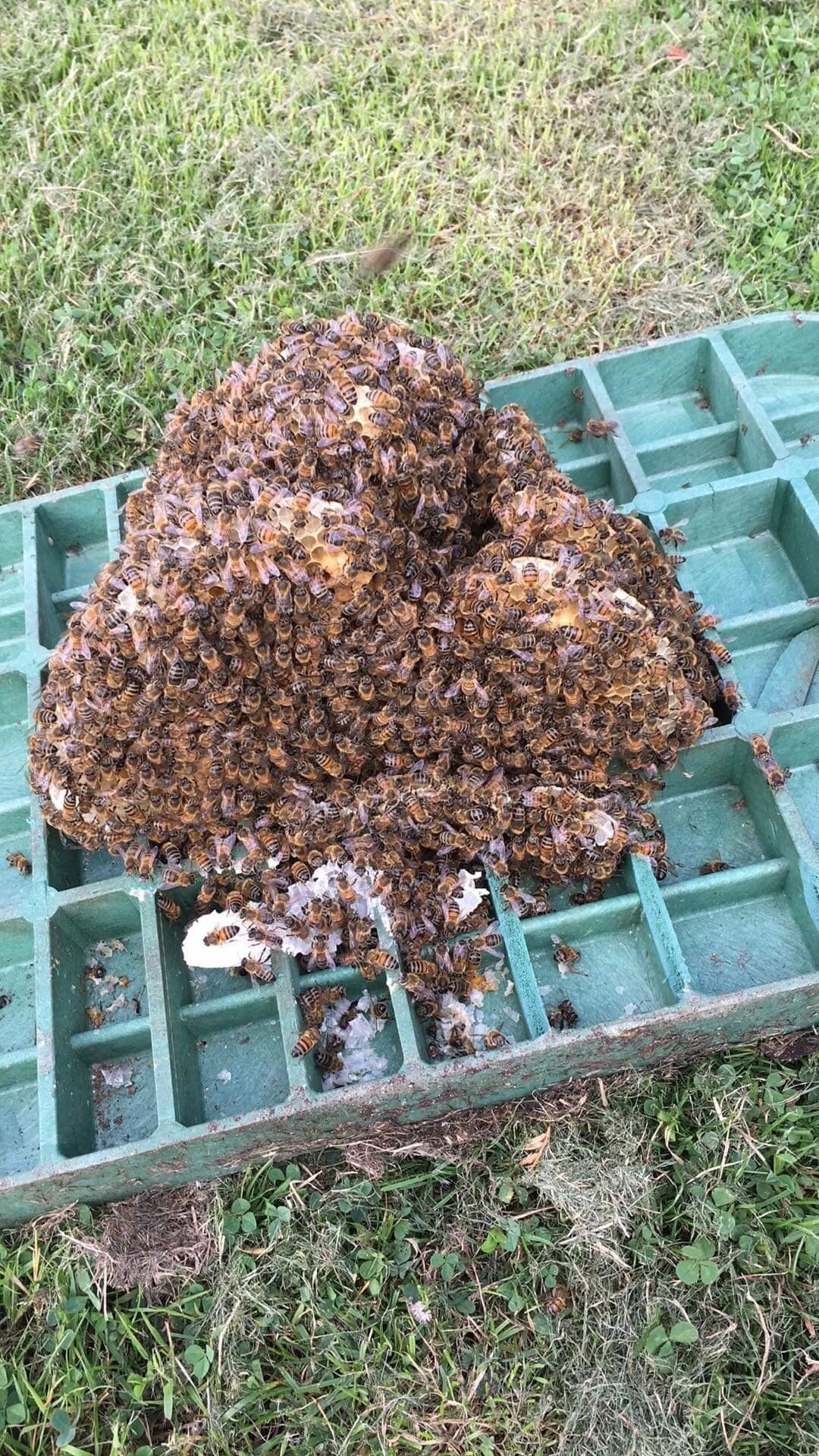
11 May, 2020
We are at that time of year when honeybees break their lockdown and start swarming. We do not destroy bees at Shire Pest Solutions , however. We collect swarms and even remove them from properties where they are starting to cause problems. Let’s keep it basic, why does a swarm happen? A swarm occurs when a new queen is being born in the original hive. Once this happens or is close to happening, the original queen will leave behind the hive and the new queen; and take with her a good number of workers along with her plus enough food for around three days. They will land on anything during this search for a new home: the ground; a car; a building; or high up in a tree. From here the queen will send out scout bees to search the local area for suitable sites to set up home. It can take a few jumps for the swarm before the bees find somewhere suitable to move into and will travel miles to do it. A swarm is a scary thing if you have never seen one before and the bees can leave as fast as they appear. They may rest overnight and into the next day while scout bees are out searching. The issue here is it’s not generally known how long that swarm will have been away from its food (the honey in the original hive). To survive, the bees need to find a home ASAP. They need to build new comb to start food production. This is where we come in Shire Pest Solutions can offer these swarms a home. We safely and efficiently collect them throughout the Oxfordshire area. We have diplomas in bee keeping along with time spent working alongside members of the British Beekeepers Association (BBKA) to make sure all the bees we save have an instant home to move into. Think you have a swarm? Then please get in touch ASAP for the bees. Mike Light

by steven light
•
01 Apr, 2020
Keeping everyone safe Please be very careful during the COVID-19 crisis as pests will be taking advantage of any rubbish that accumulates whether inside or outside your property. We advise keeping rubbish in bins and don’t let bags build up as some councils are struggling to maintain their refuse collection services due to staff shortages. You may have seen an increase in pests such as rats feeding on the leftovers that have been left out in bin bags or bins with open lids. We do not need a spread of diseases caused by an increase in the rodent population at this time. We at Shire Pest Solutions are still working hard to deal with emergency call outs to protect homes and businesses during the pandemic. This is only if we can do so safely with as little contact with our clients as possible and wearing all the correct PPE as recommended by the government. If someone is self-isolating or is ill in the house we need to be informed before we make any visits. • Don’t store bin bags on the ground. • Keep all food waste in the wheelie bin only. • Pest technicians can only do work that is deemed essential to Health & Safety at present due to movement restrictions set by the government because we are not currently seen as key workers.
All rights including copyrights, etc. are reserved by Shire Pest Solutions. Any unauthorised reprinting/reproduction/modification/use of any of the content /published/used/mentioned/printed in the BLOG, is prohibited. No part of the BLOG may be reproduced or transmitted in any form or by any means or by any information storage and retrieval, without prior express written permission/consent from the BLOG owner. While all attempts have been made to verify the accuracy & correctness of the information provided in this BLOG, writer assumes no responsibility for any errors or omissions that may have been inadvertently captured in the BLOG. Neither writer nor publisher shall be held responsible for any repercussions beyond the literal intent of the BLOG. Hence, if you have any complaint about any aspects of this BLOG or find any content is being used incorrectly, please contact us at steve.light1@icloud.com. Please note that any breach of any Intellectual Property Rights of the third party is unintentional in nature and is purely by coincidence.
INFORMATION
Buisiness Hours
Monday to Friday
8.00 to 5.00
Saturday
8.00 to 12.00
Call Out service for Bank Holidays and after hours
REVIEW US ON
All Rights Reserved Shire Pest Solutions
© 2024
Oxfordshire villages
Adwell, Aston Rowant, Aston Upthorpe, Aston Tirrold, Beckley, Benson, Berinsfield, Berrick Salome, Binfield Heath, Bix and the Assendons, Brightwell Baldwin, Brightwell cum Sotwell, Britwell Salome, Burcot,
Chalgrove, Checkendon, Chinnor, Chiselhampton, Cholsey, Clifton Hampden, Cookley Green, Crowell, Crowmarsh Gifford, Cuddesdon, Culham, Cuxham, Dorchester, Drayton St. Leonard, Dunsden Green
East Hagbourne, Elsfield, Emmington, Ewelme, Forest Hill, Gallowstree Common, Garsington, Goring, Great Haseley, Great Milton
Harpsden, Highmoor, Holton, Horspath, Ipsden, Kidmore End, Kingston Blount, Lewknor, Little Milton, Little Wittenham, Long Wittenham, Maidensgrove, Mapledurham, Marsh Baldon, Moulsford, Nettlebed, Newington, North Moreton, North Stoke, Nuffield, Nuneham Courtenay
Postcombe, Pyrton, Roke, Rotherfield Greys, Rotherfield Peppard, Russells Water, Sandford-on-Thames, Shillingford, Shiplake, Shirburn, Sonning Common, South Moreton, South Stoke, South Weston, Stadhampton, Stanton St. John, Stoke Row, Stoke Talmage, Stonor, Swyncombe, Sydenham,Tetsworth, Tiddington & Albury, Toot Baldon, Towersey

